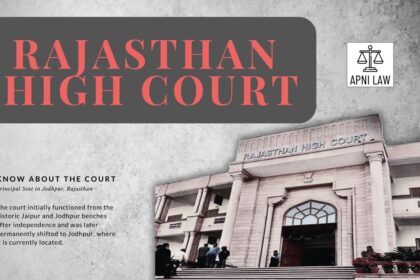CrPC Section 445: Deposit in Lieu of Recognizance
1. State the Code
Section 445 of the Code of Criminal Procedure, 1973 deals with the deposit of money in lieu of recognizance.
2. Explanation
This section empowers a Magistrate to accept a deposit of money from a person instead of requiring them to furnish a recognizance. A recognizance is a written undertaking by a person to appear in court or to comply with certain conditions. When a person is unable to provide sureties (people who guarantee their appearance), the Magistrate can accept a deposit as an alternative. This deposit serves as a financial guarantee that the person will fulfill their obligations.
3. Illustration
Suppose a person is accused of a petty offense and is required to appear in court. However, they lack the means to provide sureties. In this case, the Magistrate can order them to deposit a certain sum of money instead. The deposit ensures the person’s appearance in court. If they fail to appear, the deposited amount will be forfeited by the state.
4. Common Questions and Answers
Q: Who can order a deposit in lieu of recognizance?
A: A Magistrate has the authority to order such a deposit.
Q: What factors does the Magistrate consider while determining the amount of deposit?
A: The Magistrate considers the nature of the offense, the accused’s financial condition, and the likelihood of them appearing in court.
Q: What happens to the deposited amount after the case is concluded?
A: The deposited amount is usually returned to the accused, unless it was forfeited due to their failure to appear in court.






